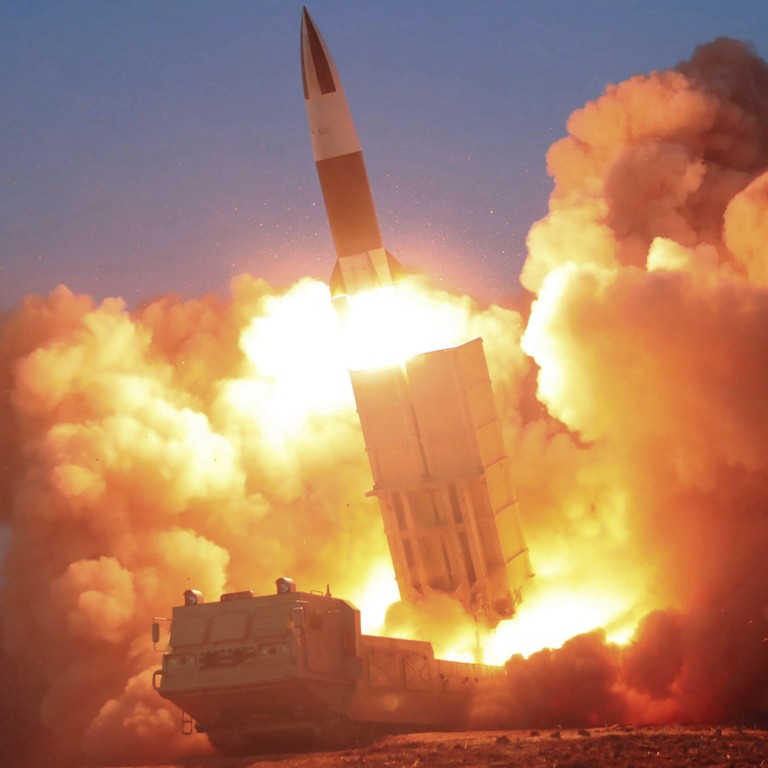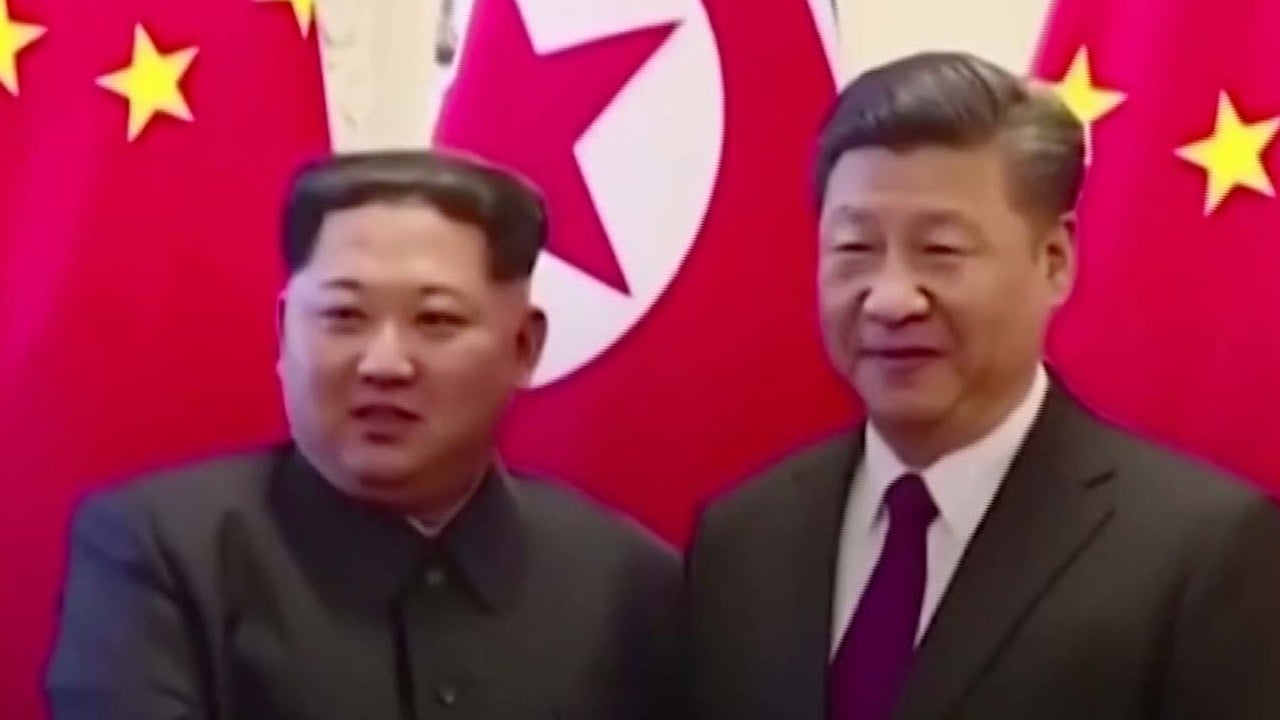
China and US officials meet over North Korea ballistic missile launches
- Washington says special representatives from China and US discussed Pyongyang’s ‘increasingly destabilising and escalatory behaviour’
- US understands proximity to both Russia and North Korea is China’s unique advantage, says professor
The US again called tougher enforcement of sanctions against North Korea as American and Chinese officials held talks on Wednesday about Pyongyang’s ballistic missile launches.
The US State Department said the discussions centred on North Korea’s “increasingly destabilising and escalatory behaviour”.
“[Kim] strongly condemned these missile launches, each of which violated multiple UN Security Council resolutions, and stressed the need for all UN member states to fulfil their obligations and fully enforce the sanctions regime,” US State Department spokesman Ned Price said on Thursday.
“Kim emphasised that maintaining peace and stability on the Korean peninsula is an important shared goal and reaffirmed that the United States is committed to diplomacy and is prepared to meet with [North Korea] at any time.”
According to Swaran Singh, professor of diplomacy and disarmament at Jawaharlal Nehru University in New Delhi, Washington is “abundantly clear” that it understands the unique advantage of China: its proximity to both Russia and North Korea.
“The bare minimum consensus between the US and China on the issue of North Korea’s nuclear weapons and missiles remains managing its regional implications. Beyond this, their perspectives fundamentally push them in different directions,” Singh said.
He said it was not likely such exchanges would have any impact on Beijing-Pyongyang relations.
Chinese ambassador to the UN Zhang Jun said Beijing was “concerned” by the “upward spiral of rising tension and intensifying confrontation” on the Korean peninsula, but urged the council to leave room for diplomatic efforts, and the US to put forward realistic proposals to respond to North Korea’s “legitimate concerns”.
According to Xu Qinduo, political analyst at the Pangoal Institution, a China-based think tank, Washington will always call for Beijing to side with them against Pyongyang, especially as it takes an increasingly hardline approach.
“Pressure or sanctions alone have failed, and will fail to stop North Korea from developing nuclear weapons. For the US, it would require the Chinese to join them in pressuring Pyongyang,” Xu said, adding that the meeting may be a sign that Beijing and Washington were working to find common ground on the issue.
“Beijing can, and probably should, initiate a proactive diplomatic approach or even play a leading role in resolving those challenges.”



